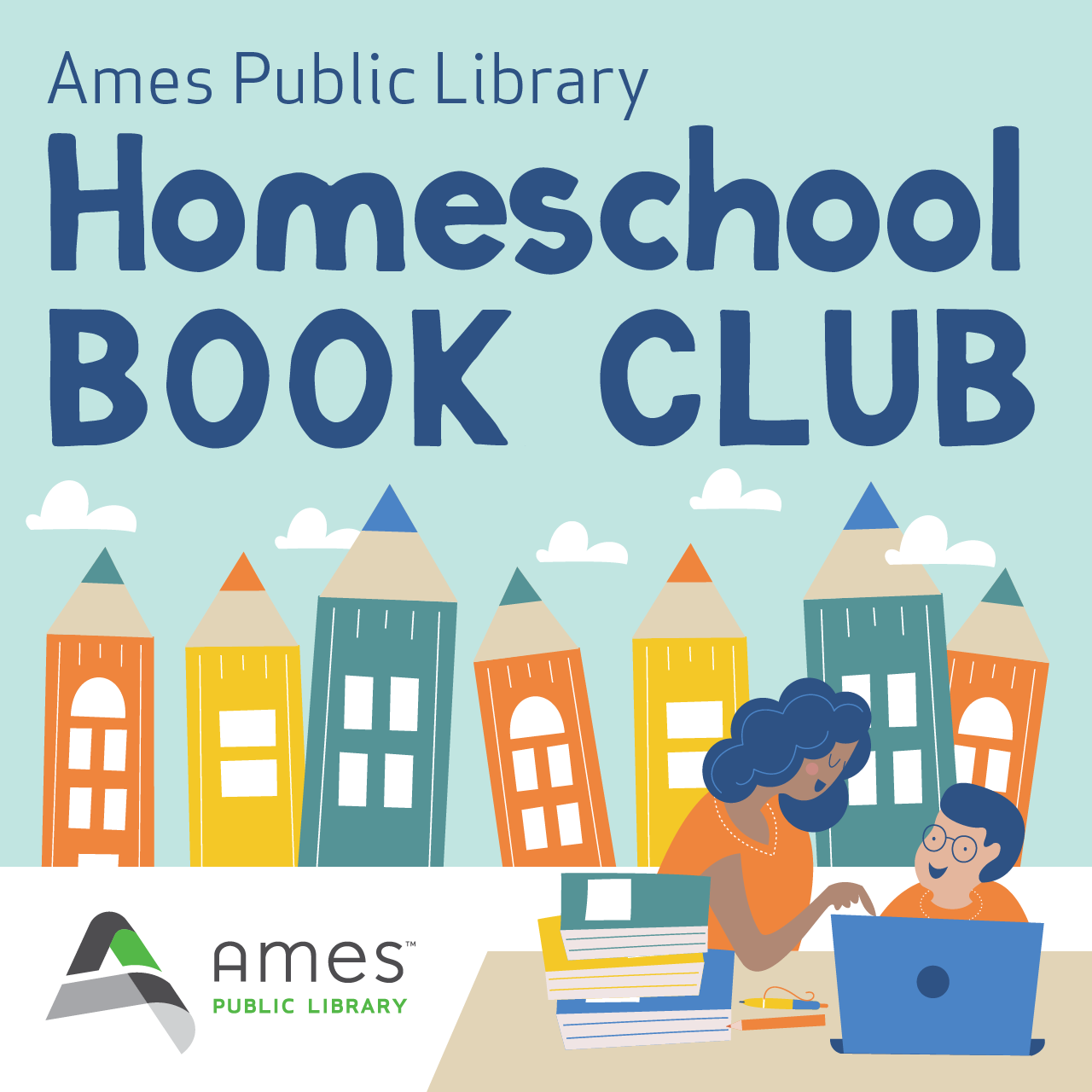Literary Adventures: Home Schooling Book Clubs for Enriched Learning

Literary Adventures: Home Schooling Book Clubs for Enriched Learning
Home schooling offers the flexibility to tailor education to individual needs, and one engaging way to foster a love for literature is through book clubs. In this article, we’ll explore the benefits of incorporating book clubs into your home schooling routine and share creative ideas to make them an enriching experience.
The Power of Reading Together
Book clubs create a shared literary experience that goes beyond individual reading. Reading together fosters a sense of community, encourages discussions, and enhances comprehension. As students explore diverse perspectives within the group, they develop critical thinking skills and a deeper understanding of the material.
Diverse Reading Lists: Expanding Literary Horizons
One of the strengths of home schooling book clubs is the ability to curate diverse reading lists. Explore literature from different genres, cultures, and time periods. This exposure broadens the literary horizons of students, encouraging them to appreciate a variety of writing styles and themes.
Literary Analysis and Critical Thinking
Engaging in discussions about the books read cultivates literary analysis skills and critical thinking. Book clubs provide a platform for students to articulate their thoughts, share interpretations, and consider alternative perspectives. These skills are not only valuable in literature but also transferable to various academic disciplines.
Writing and Expression Through Book Discussions
Book clubs are not just about reading; they also provide an avenue for creative expression. Encourage students to write about their thoughts and reflections on the books. This writing component complements the reading experience, allowing students to articulate their ideas and refine their communication skills.
Interactive Book Discussions: Fostering Communication Skills
The interactive nature of book discussions in a group setting fosters communication skills. Students learn to express themselves clearly, listen actively to others, and engage in meaningful dialogue. These communication skills are essential for academic success and personal development.
Incorporating Book Clubs into Curriculum Themes
Integrate book clubs seamlessly into your home schooling curriculum by aligning them with thematic units. Whether exploring historical periods, scientific concepts, or cultural studies, selecting books that complement the curriculum enhances interdisciplinary learning. Book clubs become a vehicle for deeper exploration of subjects.
Digital Book Clubs: Connecting Beyond Boundaries
Take advantage of technology to create virtual book clubs. Digital platforms allow home-schooled students to connect with peers from different locations, fostering a sense of a global community of readers. Virtual book clubs also provide flexibility and accessibility for diverse schedules.
Author Interactions and Virtual Q&A Sessions
Enhance the book club experience by reaching out to authors for virtual interactions. Many authors are open to participating in Q&A sessions with readers. This personal connection adds a unique dimension to the reading experience, allowing students to gain insights into the writing process and the inspiration behind the books.
Creative Book-Related Projects: Beyond Reading Discussions
Extend the book club experience beyond discussions with creative projects inspired by the books. From art projects and dioramas to creative writing assignments and presentations, incorporating hands-on activities enhances the overall learning experience and brings








